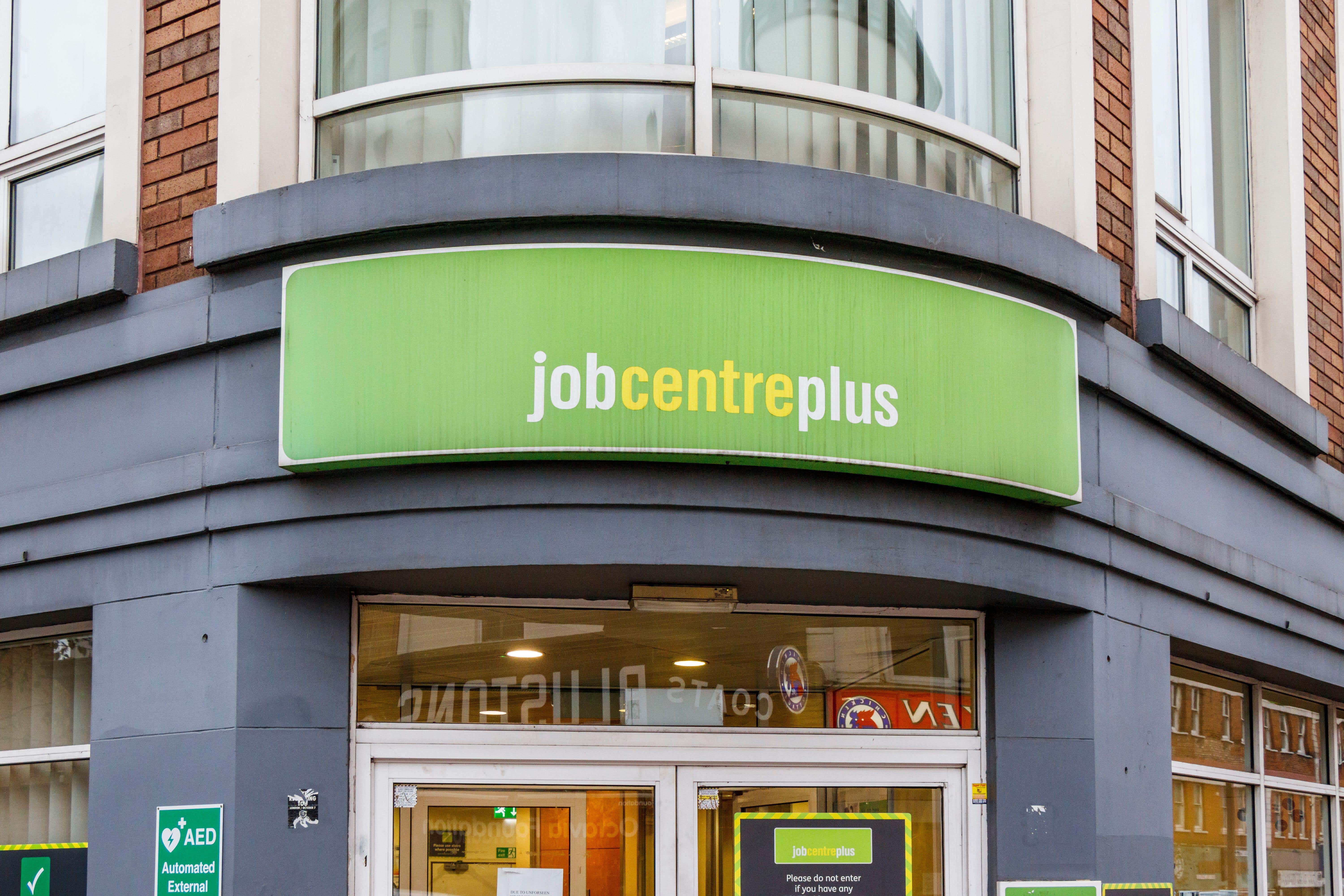Scottish unemployment figure up by 24,000 over three months
The number of Scots aged 16 and above who are out of work was recorded as 109,000 for the period April to June.

Your support helps us to tell the story
From reproductive rights to climate change to Big Tech, The Independent is on the ground when the story is developing. Whether it's investigating the financials of Elon Musk's pro-Trump PAC or producing our latest documentary, 'The A Word', which shines a light on the American women fighting for reproductive rights, we know how important it is to parse out the facts from the messaging.
At such a critical moment in US history, we need reporters on the ground. Your donation allows us to keep sending journalists to speak to both sides of the story.
The Independent is trusted by Americans across the entire political spectrum. And unlike many other quality news outlets, we choose not to lock Americans out of our reporting and analysis with paywalls. We believe quality journalism should be available to everyone, paid for by those who can afford it.
Your support makes all the difference.Scotland’s unemployment rate has jumped to 4.0% as new figures showed a rise in the number of people out of work.
Data from the Office for National Statistics (ONS) showed 109,000 people aged 16 and over were out of work over the period April to June – up by 24,000 on the first three months of the year.
There were 2,652,000 Scots in work, down by 31,000 on the January to March figures.
Scotland’s employment rate now stands at 74.2% – lower than the corresponding rate of 75.7% for the UK as a whole.
While Tuesday’s data showed a rise of 0.9 percentage points in the unemployment rate in Scotland compared with the previous quarter, the proportion of people who were out of work was lower than the national UK figure.
Across the UK as a whole, the unemployment rate stood at 4.2%, with was also the figure for England. In Wales, the unemployment rate was 4.8% and 2.7% in Northern Ireland.
Neil Gray, the Wellbeing Economy Secretary for the Scottish Government, said the rise in the jobless rate “reflects the challenges facing the economy amid the ongoing cost-of-living crisis, compounded by still high inflation and interest rates”.
He added: “The Scottish Government is committed to supporting more people into work – including those with a disability, health conditions and caring responsibilities – through employability and skills support, as well as improved access to flexible working.”
The Government’s New Deal For Business Group has a focus on helping people who face barriers to work, while the Fair Work Action Plans aims to support “more diverse and inclusive workplaces”, Mr Gray said.
He added that industries including hospitality and agriculture were still “facing recruitment challenges”, and as a result an “urgent reassessment of UK Government immigration policy is necessary to increase access to the international labour and skills that Scotland needs for our economy and communities to prosper”.
Mr Gray said : “With full powers over migration, Scotland could boost its workforce and tackle recruitment challenges, many of which have been caused by the end of free movement and the Brexit imposed on Scotland by the UK Government.”
UK Employment Minister Guy Opperman, speaking during a visit to Scotland, said the jobs market was “resilient”.
Mr Opperman said: “As I’ve seen in Aberdeen and Shetland this week, the Scottish jobs market remains resilient with payroll employment levels at a record high.
“The UK Government is committed to helping people move into work and upskill in every corner of the UK. That’s why a fortnight ago we announced a new carbon capture facility in Aberdeenshire – placing Scottish jobs and businesses at the centre of our green energy goals and plans to grow the economy.”